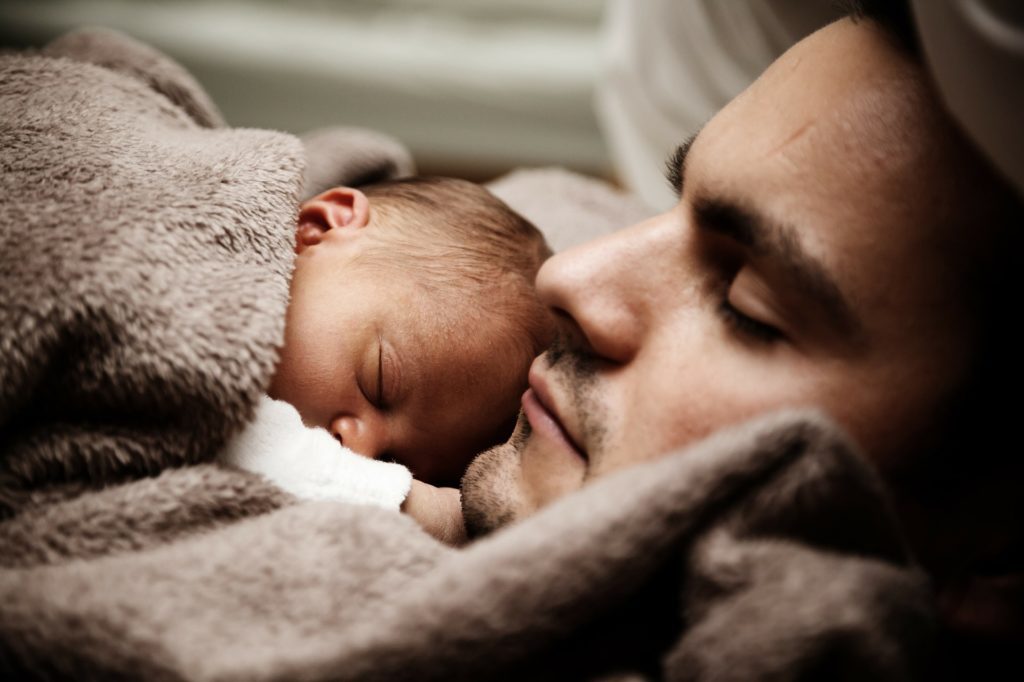Semancik v. Saunders
We all know that the breakdown of a marriage can be hard on children. This is often hardest when the children are young, but it is important to understand how family law deals with the transitional stage when they go from child to adult as well. This is the age when they buy their first car, or they head off to university. Sometimes at that age our children want to explore away from their homes, and they want to spread their wings and experience the world. What then are the responsibilities of a parent paying child support?
In the Supreme Court case Semancik v. Saunders, the daughter of the two litigants, Jillian, was exactly that age. She had attended Langara College and was hoping to get accepted into the nursing program. She had travelled to Cuba and the Dominican Republic in the meantime, and had bought her own car. She also had some significant cosmetic dental work done to correct the fact that she was born without canines, which was paid for by her mother.
Ms. Semancik brought a lawsuit against her ex-husband, Mr. Saunders. Although at the time of the lawsuit Jillian was no longer a “child of the marriage” as defined by law, Ms. Semancik claimed that Mr. Saunders didn’t pay the child support he owed before Jillian became an adult. She also claimed that he hadn’t done enough to help pay for Jillian’s extra expenses since legally becoming an adult including her schooling and her dental work.
Mr. Saunders did not agree. He argued that Jillian’s dental expenses were not necessary since they were purely cosmetic in nature. Furthermore, he argued that his daughter had worked throughout the period of time in question and had saved up several thousand dollars whereas he himself had to deal with a collapsing business and substantially reduced yearly income. He argued that his child support obligations were decided by the Court when he was doing well financially and the Court should take the fact that he had fallen onto hard times into account when looking at his missed child support payments.
The Court did agree that Jillian should have paid more for her own expenses considering what she had earned. However, they sided with Ms. Semancik on the rest of the issues.
The Court found that correcting a congenital defect that affected her appearance, while cosmetic in nature, can still be considered necessary. As well, the Court found that although Mr. Saunders was making less than the Court originally estimated, the test for changing what child support is already owed is whether there was a material change in circumstances that rendered that amount “grossly unfair”. This is much harder to prove than what is required for a variation in child support amounts, which is simply a “material change in circumstances”.
Last but not least, the Court reminded the two parties that although Jillian was now an adult and no longer a “child of the marriage” as defined by law, this could change if Jillian was accepted into medical school. If Jillian was to become a student again, the law would place a unique obligation on separated parents to support her through her schooling. This benefit under the law does not extend to the children of parents who are still together.
Growing children of divorced parents face uncertainties they may not have otherwise faced. The law tries to mitigate this by ensuring support for them through higher education or vocational training. The simple fact is that it is the obligation of every parent, separated or single, to prepare their children for the outside world, and support them through various stages of their young adult life.




